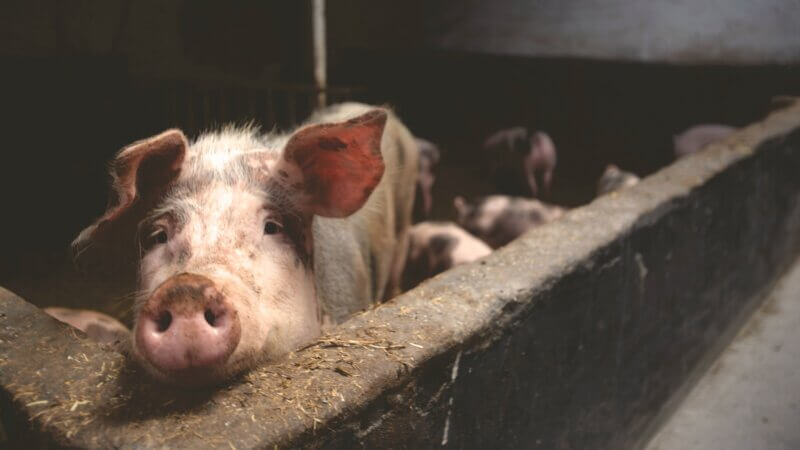Mizoram Stands Up for Rodents, Bans Cruel Glue Traps Following PETA India Appeal
Following an appeal from PETA India to ban deadly glue traps used for rodent control, the Department of Animal Husbandry and Veterinary, Government of Mizoram, has issued a letter to all its deputy commissioners “to take all necessary steps to curb the use and sale of glue traps within their jurisdiction” citing that catching rats using glue traps violates The Prevention of Cruelty to Animals (PCA) Act, 1960, as well as the Wild Life (Protection) Act (WPA), 1972.
In its appeal, PETA India had brought to attention the indiscriminate nature of glue traps, which ensnarl not only rodents but also “non-target” animals, including birds, squirrels, reptiles, and frogs, causing excruciating pain leading to a slow, torturous death of the trapped animal. Such circulars prohibiting the manufacture, sale, and use of glue traps have been previously issued by the governments of Chhattisgarh, Goa, Himachal Pradesh, Karnataka, Meghalaya, Sikkim, Tamil Nadu, and Telangana.
This is why glue traps are cruel for rats.#PETAIndia pic.twitter.com/Hcjimgqk6u
— PETA India (@PetaIndia) June 28, 2021
The use of glue traps, which cause unnecessary suffering to animals, is a punishable offence under Section 11 of the PCA Act, 1960. Often affecting other animals such as birds, squirrels, reptiles, and frogs, these traps are also in violation of the WPA, 1972, which prohibits the “hunting” of protected indigenous species. Mice, rats, and other animals caught in these traps can die of hunger, dehydration, or exposure after days of prolonged suffering. Others may suffocate when their noses and mouths become stuck in the glue, while some even chew through their legs in a desperate bid for freedom and die from blood loss. Those found alive may be thrown away along with the trap or may endure death by bludgeoning or drowning.
The best way to control rodent populations is to make the area unattractive or inaccessible to them: eliminate food sources by keeping surfaces and floors clean and storing food in chew-proof containers, sealing trash cans, and using ammonia-soaked cotton balls or rags to drive rodents away (they hate the smell). After giving them a few days to leave, seal entry points using foam sealant, steel wool, hardware cloth, or metal flashing. Rodents can also be removed using humane cage traps but must be released near a source to find adequate food, water, and shelter to help them survive.
In 2022, following an appeal from PETA India, the Mizoram government issued a circular prohibiting the use of severely restrictive gestation and farrowing crates in pig farming.








